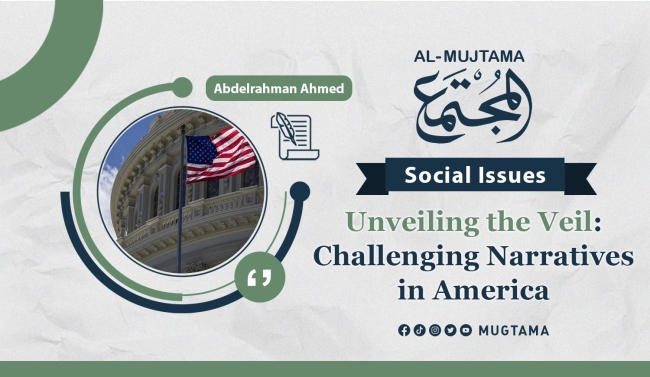Unveiling the Veil: Challenging Narratives in America
In the heart of the United States, a chorus of discontent has risen, challenging the traditional narratives that have long defined the nation. Activists and concerned citizens are increasingly turning a critical eye towards the internal tensions shaping America today. From allegations of political corruption to the influence of lobbying groups, the role of arms manufacturers, and the sway of capitalist interests, a complex tapestry of concerns is being woven. This essay explores the multifaceted dimensions of these internal tensions and the collective desire for a reevaluation of historical events, echoing through the lenses of justice, equality, and human rights.
Allegations of Political Corruption:
At the core of the discontent lies a profound mistrust of the political elite. Activists argue that decisions within the political sphere are unduly influenced by financial contributions from powerful lobbying groups. This erosion of trust in the foundations of democracy fuels a growing sentiment that questions the very essence of representative governance. The call for transparency and accountability echoes in the demands for a reevaluation of historical events, urging a critical examination of the motives behind political decisions.
Influence of Lobbying Groups:
The spotlight turns towards lobbying groups, particularly those perceived to exert disproportionate influence. Jewish lobbying groups like AIPAC come under scrutiny, with activists asserting that they shape U.S. foreign policy, particularly in relation to Israel. This focus not only raises questions about foreign policy decisions but also taps into broader conversations about identity, representation, and the intersection of domestic and international interests.
Role of Arms Manufacturers:
A sobering reevaluation of the military-industrial complex emerges as activists question the motivations behind military interventions. The unsettling notion that wars might be waged for profit rather than ethical considerations gains traction. This line of inquiry challenges the accepted narratives surrounding conflicts, compelling a closer examination of the human cost of such interventions.
Capitalist Interests:
The discourse widens to encompass the role of capitalist interests in shaping U.S. policies. Activists argue that economic considerations, often driven by a capitalist agenda, may supersede moral and ethical values in the decision-making process. This perspective forces a reckoning with the priorities that guide the nation's actions, sparking a desire for a foreign policy that aligns with principles of justice and fairness rather than economic gain.
Growing Anti-Establishment Sentiments:
A resurgence of anti-establishment sentiments permeates the societal fabric, fueled by perceived inequalities and injustices. The questioning of official narratives extends beyond policy decisions to a broader reexamination of historical events. This skepticism becomes a catalyst for change, encouraging individuals to challenge the status quo and demand a more transparent and equitable governance structure.
Debates on Media Influence:
The power of the media to shape public perception comes under scrutiny. Activists argue that mainstream media often presents biased narratives aligned with the interests of the political and economic elite. This awareness prompts a quest for alternative perspectives, as individuals seek a more nuanced understanding of historical events, free from the influence of vested interests.
Racial and Social Justice Movements:
In tandem with these debates, the resurgence of movements advocating for racial and social justice adds another layer to the reevaluation of historical narratives. Activists within these movements are more inclined to challenge the traditional portrayal of foreign conflicts, examining them through a lens that considers issues of justice, equality, and human rights. This intersectional approach broadens the scope of the conversation, emphasizing the interconnectedness of domestic and international struggles for justice.
Global Anti-War Sentiment:
A global anti-war sentiment, intensified by recent conflicts and their humanitarian consequences, reverberates within the American discourse. Activists, influenced by international perspectives, revisit historical events with a focus on the human cost of wars. The moral justifications provided by the U.S. government are scrutinized in the context of a broader global ethic, inviting a reevaluation of the nation's role in the world.
The internal tensions within the United States, characterized by allegations of political corruption, debates on lobbying group influence, questioning the role of arms manufacturers and capitalist interests, growing anti-establishment sentiments, awareness of media influence, and the resurgence of racial and social justice movements, are reshaping the narrative of the nation. This collective desire for a reevaluation of historical events reflects a fundamental yearning for a more just, transparent, and equitable society. As the veil is lifted, a new narrative unfolds—one that seeks to learn from the past, confront present challenges, and forge a path toward a more principled future.


